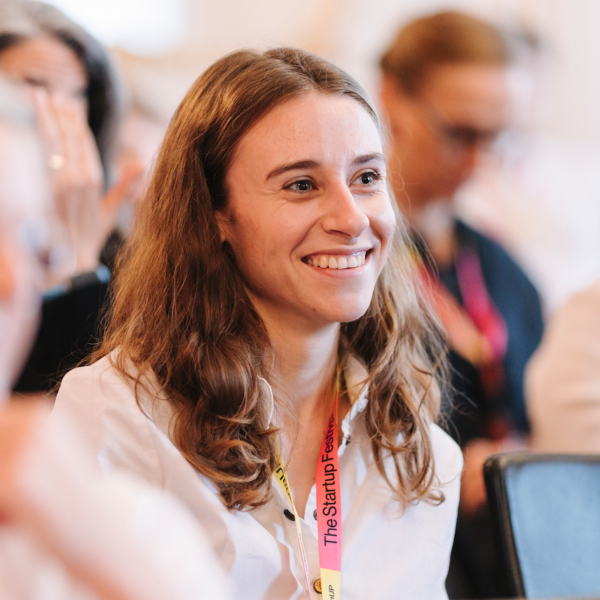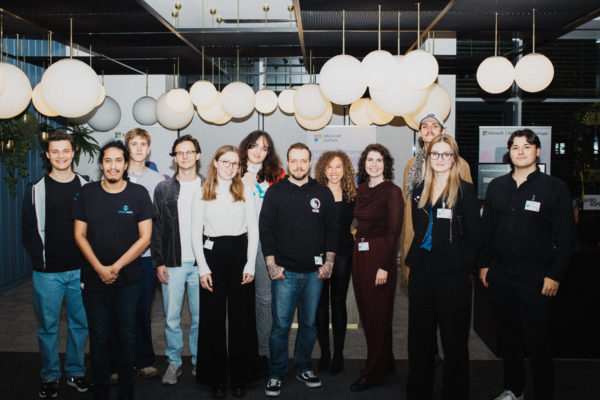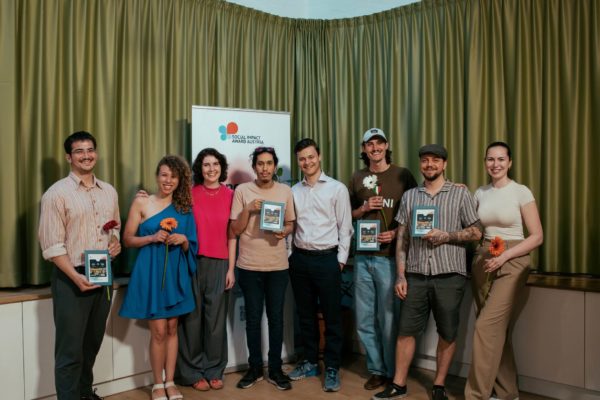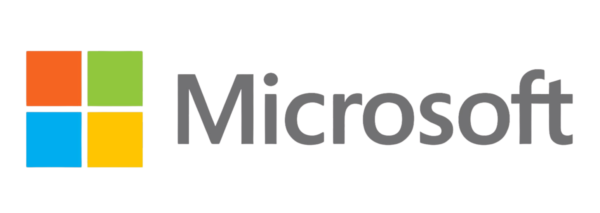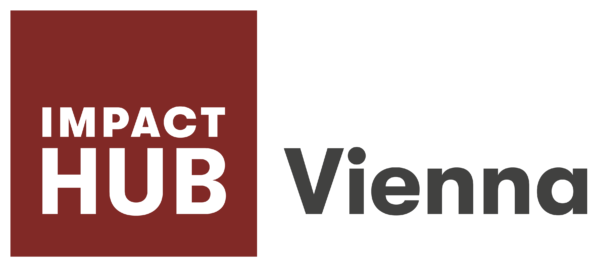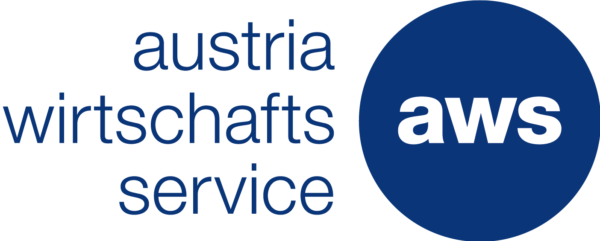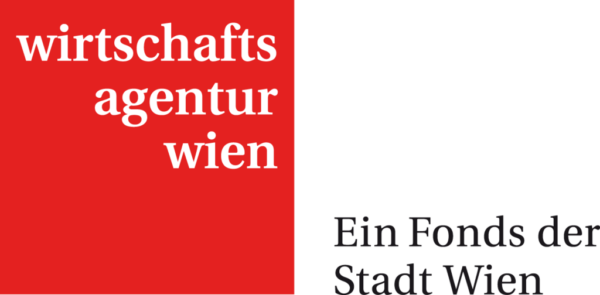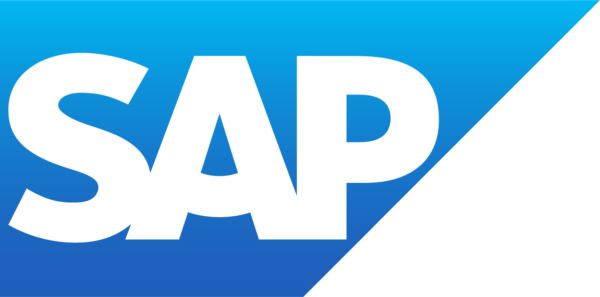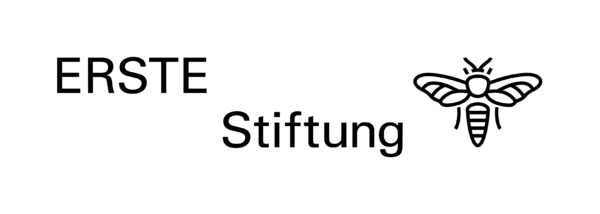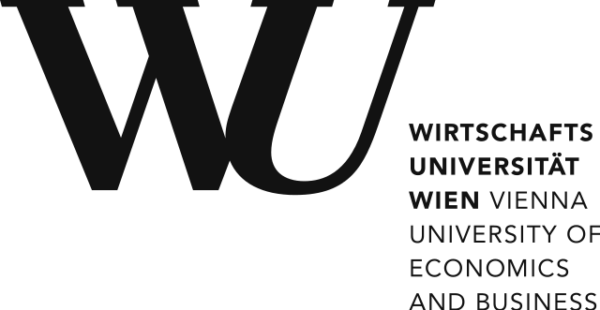
Health meets Education – SIA Finalist Interview
SIA Finalist Synappsy shares about their venture's history and outlook. Their catchphrase: Choose education over hospitalization. Fight health misinformation the smart way!
Tell us about your idea – what, how, why?
Synappsy is the educational platform that helps its users to make informed decisions about their health. How did we come up with the idea? The story goes back to a health hackathon, where our team participated in. There we were supposed to investigate the problems that happen worldwide in this sector and to see if we could come up with a solution to at least one of those problems. That is how we started to learn that there is a big lack of health literacy worldwide. And this is affecting both the lives of people and the economies. And we thought we could change this!
What motivated you to start your own project?
Two of our team members: me (Felix) and Corina, have previously worked on a startup project before – we even managed to get a small grant and it was also a project that aimed to have a social impact, though after 2 years of hard work we decided to end the venture. It was great timing to try to kickstart another venture and right now, it wasn’t just the two of us; but we were a team of four co-founders: Cristina and Radu had joined us bringing medical expertise with them. It was very nice to see that we were trying to get the project that all four of us brainstormed at the hackathon on its feet. And that is how GamEd was born.
How did your changemaker journey begin?
Yes, GamEd, you heard right. That is how everything started. Just the four of us against the world. GamEd was a platform that was trying to solve every possible problem that was preventable in the health sector, by approaching some main topics such as: fitness, sleep, nutrition, diseases prevention, first aid…. And it didn’t last long until we managed to also get the attention of a potential partner – me and Corina were invited as guest speakers at the “Connect: e-health community” event in Romania to talk about our previous venture, and of course we also took advantage of the opportunity to also pitch the newest venture: GamEd. After having presented the project, we were approached by somebody in the public, that wanted to collaborate with us and who promised us access to the school environment to test our solution once we built it and share the results with her. Now we were even more motivated to build it. But of course the startup journey consists of a lot ups and downs: a few months later after having discussed some of the details necessary in order to test our solution – just a few weeks before we could have performed the actual test; we had the surprise that our potential partner, that tried to talk us into testing it into a school environment and sharing the results with her, was suddenly ghosting us. And this is how we got into one of our first big disappointments, realizing that the work we had performed for months might have been of no use. But in the end, it wasn’t like that. We had to work with what we’ve got.
As time passed, we managed to get into the EIT Jumpstarter with this project and into other entrepreneurial program, provided by the TU Wien – the ESI program (Extended Study on Innovation) – it was a great program and with many great lecturers and the Startup League, provided by the WU Wien. We learned a lot during this timespan and slowly but steadily, the startup idea was changing and taking shape. The name GamEd, was too vague – everybody thought we were just another game – some people even asked us “Why would somebody play your health education game instead of playing Fortnite?” – I won’t make any remarks about the question; but one thing was clear: we were not sending the right message.
Also tackling all the health issues that can be prevented also sounded too bold to the public – it is a great ambition but hard to achieve from the beginning. Therefore, we had to find a niche. And finding a niche wasn’t hard, since the most amount of money and the most deaths (74% of the deaths worldwide) are caused by chronic diseases. And 80% of them could be prevented. That was exactly our new goal: prevention of chronic diseases.
Taking into consideration all this information, GamEd went through a rebranding process and transformed into its current state, taking the name “Synappsy”. And right now, the educational platform focuses on the top 10 most expensive (from an insurance company point of view) chronic diseases. We are using a gamified approach in order to make this happen. The users are provided with quizzes, each of them has three possible answers – only one of them is correct. And as a result of each selected answer, an explanatory animation is being shown.
Is it enough for users to just solve quizzes to change their behavior? No! To ensure that the information users learn is also applied in everyday life, users must also overcome challenges after answering quizzes before they can proceed. The focus is on progressing towards a healthy lifestyle even after the information has been conveyed. We will also offer thematic challenges, for example, on the occasion of Sports Day, World Cancer Day, and so on.
What are you looking forward to the most in the SIA incubation?
We are mostly forwarded into establishing partnerships in the social entrepreneurship space, just as well as partnerships and connections in the education sector and the health insurance sector. Of course, we are also grateful for being able to spread awareness about the work that we are doing and the things that we want to achieve.
What has been the biggest challenge so far?
It’s a tough space, because we are going for the chronic diseases’ prevention – but in order to be able to make an assessment of how much we can reduce those numbers, we might need years in order to make that prediction. Therefore, in the beginning it is very much about gaining the trust of potential partners with the help of our team and our commitment to the cause.
What does success mean to you?
This is a very easy to answer question: Success means being able to change people’s lives for the better. Choosing to be kind no matter what and being mindful of others – not because it is easy, but because it is the only right thing to do.
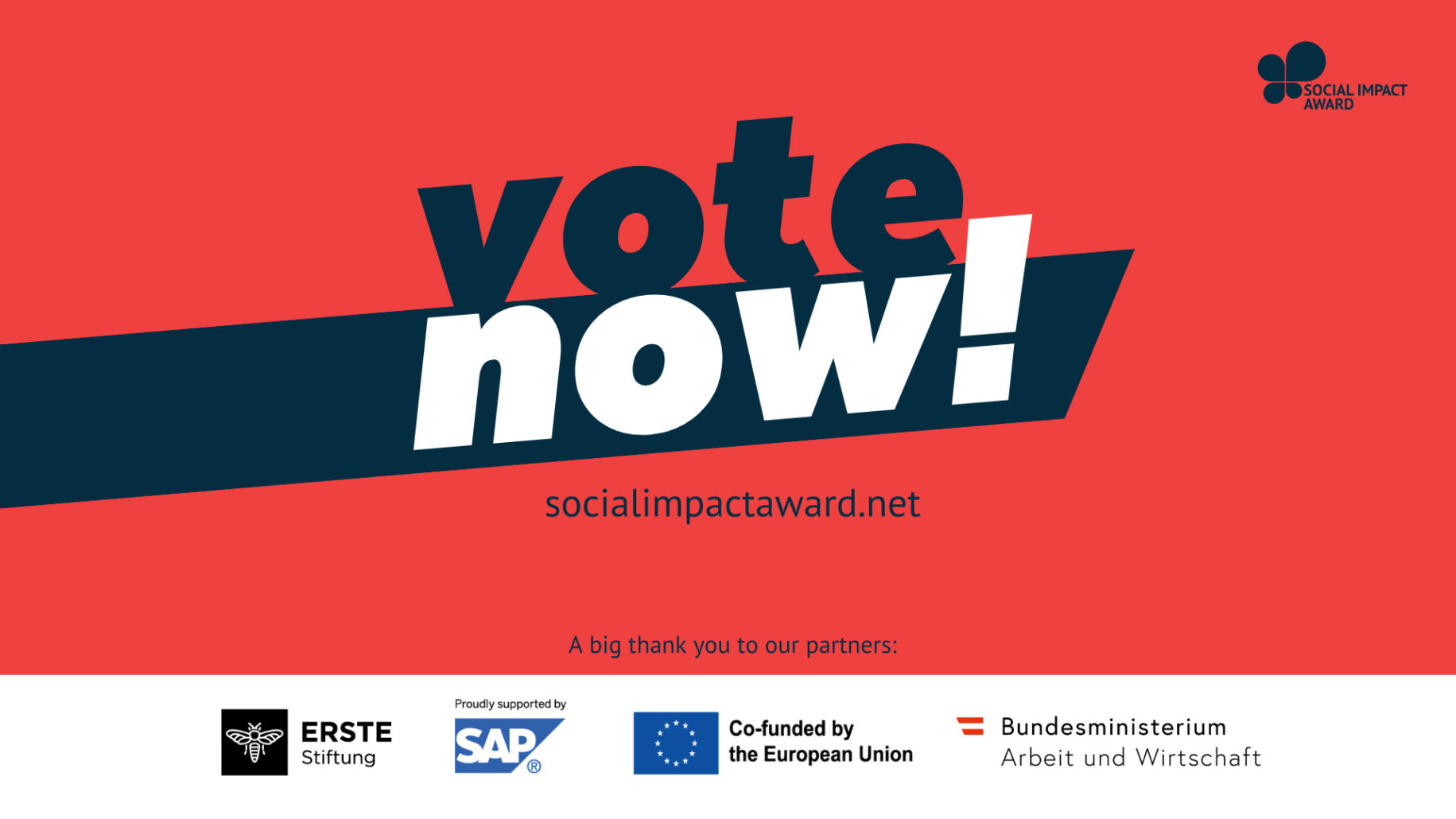
Dir gefällt dieses Projekt? Dann unterstütze das Team jetzt mit deiner Stimme im Community Voting! Bis zum 3. Oktober kannst du für dein Lieblingsprojekt abstimmen und ihnen helfen, einen Social Impact Award und damit 3.500€ Funding zu gewinnen.
